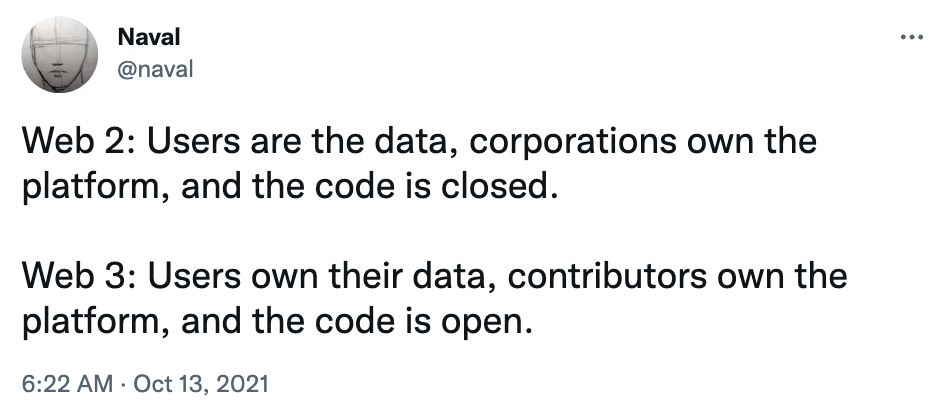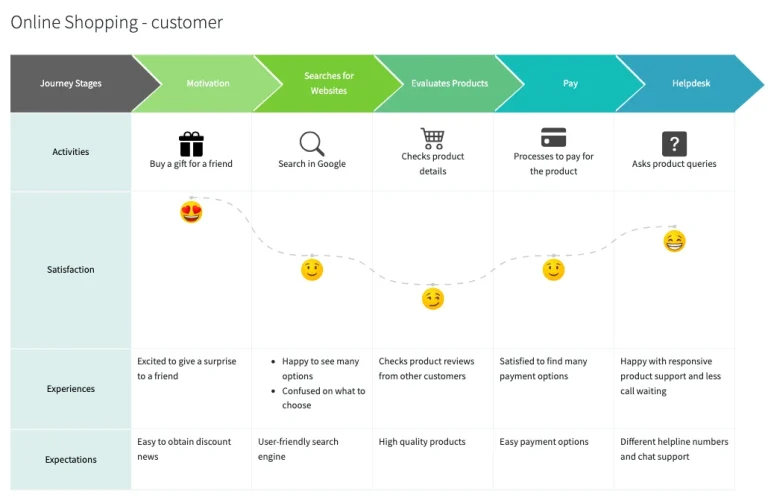In the ever-evolving digital landscape, the rise of Web3 and decentralized technologies is reshaping how we think about search engine optimization (SEO). As traditional SEO strategies adapt to this new era, the focus is shifting toward preparing for a future where distributed indexing and blockchain-based platforms play a central role. This article explores what decentralized web SEO entails, why it matters, and how to implement effective strategies that align with the principles of Web3.
What Is Decentralized Web SEO and Why It Matters
Decentralized Web SEO refers to the practice of optimizing websites and content for search engines in a decentralized environment. Unlike traditional SEO, which relies on centralized search engines like Google, decentralized SEO involves adapting to new systems such as blockchain-based search engines, peer-to-peer networks, and distributed indexing models.
The importance of decentralized web SEO lies in its ability to support the principles of Web3—transparency, user control, and data security. With platforms like IPFS (InterPlanetary File System), blockchain-based search engines like Presearch, and decentralized social media networks, users are no longer dependent on a single entity to dictate how information is indexed and accessed.
For example, consider Unstoppable Domains, a platform that allows users to own their domain names on the Ethereum blockchain. These domains are stored in users’ wallets, making them resistant to censorship and more secure than traditional domain names. Optimizing content for these platforms requires a different approach, focusing on decentralized identifiers (DIDs) and verifiable credentials rather than just traditional metadata.
How Decentralized Web SEO Impacts SEO Performance

Decentralized web SEO affects several key aspects of performance, including visibility, engagement, and trust. Traditional SEO metrics like traffic, bounce rate, and conversion rates still apply, but they must be interpreted within the context of decentralized platforms.
One major impact is on user engagement. In a decentralized environment, users have more control over their data, which means brands need to build trust through transparency and value-driven content. For instance, a decentralized application (dApp) offering peer-to-peer lending may need to emphasize privacy and security in its content to attract users who are wary of centralized financial institutions.
Another impact is on link building. In traditional SEO, backlinks from reputable websites signal authority. In Web3, the concept of “link reputation” may shift to “node reputation,” where the reliability and value of a network participant influence the ranking of a dWebsite. This could involve participating in decentralized communities, contributing to open-source projects, or collaborating with other dWebsites to build credibility.
Additionally, content discovery changes in a decentralized world. Search engines like YaCy, which operate on a peer-to-peer network, do not rely on centralized servers to index content. This means that content must be optimized for distributed indexing, using techniques like sitemaps, robots.txt, and schema markup tailored for decentralized platforms.
Step-by-Step Implementation Framework for Decentralized Web SEO
To effectively implement decentralized web SEO, follow this structured approach:
-
Define or Audit the Current Situation
Begin by assessing your current website’s structure, content, and technical setup. Identify areas that need adaptation for decentralized environments, such as IPFS compatibility, blockchain integration, or decentralized identity (DID) implementation. -
Apply Tools, Methods, or Tactics
Use tools like SurferSEO for keyword clustering and semantic scoring, or Covalent for tracking decentralized analytics. Focus on creating content that aligns with Web3 principles, such as emphasizing transparency, user control, and decentralization. -
Measure, Analyze, and Optimize
Monitor performance using blockchain analytics platforms and decentralized search engine tools. Track metrics like user engagement, content reach, and node reputation. Adjust your strategy based on insights from these tools, ensuring your content remains relevant and accessible in a decentralized ecosystem.
By following this framework, you can create a robust SEO strategy that supports both traditional and decentralized platforms.
Real or Hypothetical Case Study
Consider a hypothetical scenario involving a decentralized finance (DeFi) platform called “DeFiLend.” The platform offers peer-to-peer lending services using smart contracts on the Ethereum blockchain. To optimize for decentralized web SEO, DeFiLend takes the following steps:
- Keyword Research: Identifies keywords like “Ethereum DeFi lending,” “P2P crypto loans,” and “best dApp for DeFi loans.”
- Content Creation: Develops informative blog posts, explainer videos, and guides that explain the benefits of decentralized lending.
- Meta Tags: Optimizes title tags and meta descriptions with targeted keywords to improve visibility on decentralized search engines.
- Link Building: Collaborates with other DeFi platforms and participates in DAOs to build node reputation and gain backlinks.
As a result, DeFiLend sees a 40% increase in organic traffic from decentralized sources and a 25% improvement in user engagement metrics.
Tools and Techniques for Decentralized Web SEO
Here are some modern tools that can help you implement decentralized web SEO:
- SurferSEO: For keyword clustering and semantic scoring, helping you create content that aligns with user intent.
- Covalent: A decentralized analytics platform that tracks dWebsite performance, including user behavior and smart contract interactions.
- Presearch: A blockchain-based search engine that rewards users with tokens for searching, requiring a different approach to keyword optimization.
- YaCy: A free, decentralized search engine that operates on a peer-to-peer network, necessitating unique indexing strategies.
- IPFS: A protocol for decentralized file storage, requiring careful configuration to ensure crawlability and indexing.
- GrackerAI: An AI-powered tool for automating cybersecurity marketing tasks, including content creation and newsletter distribution.
These tools provide the necessary infrastructure to navigate the complexities of decentralized web SEO.
Future Trends and AI Implications
As AI continues to evolve, its impact on decentralized web SEO will grow. Natural language processing (NLP) and machine learning will enable search engines to better understand context and user intent, even in a decentralized environment. This means that content must not only be keyword-rich but also highly relevant and contextually accurate.
Moreover, the rise of voice search and multimodal search will require content to be optimized for conversational queries and visual elements. Brands that adapt to these trends will be better positioned to succeed in the decentralized web.
Looking ahead, the convergence of AI, blockchain, and decentralized indexing will create new opportunities for SEO professionals. Staying informed about these developments and experimenting with emerging tools will be essential for maintaining a competitive edge.
Key Takeaways
- Decentralized web SEO focuses on optimizing content for blockchain-based and peer-to-peer platforms.
- Traditional SEO metrics still apply, but they must be adapted to the unique context of decentralized environments.
- Tools like SurferSEO, Covalent, and Presearch are essential for navigating the decentralized web.
- Building trust and transparency is crucial in a space where users have more control over their data.
- The future of SEO will involve AI, voice search, and multimodal content, requiring continuous learning and adaptation.
As the decentralized web continues to grow, embracing these changes will be key to staying ahead in the evolving SEO landscape.
Meta Title: Understanding Decentralized Web SEO: Preparing for Web3 and Distributed Indexing
Meta Description: Discover how to optimize your content for the decentralized web and prepare for the future of SEO in Web3.
SEO Tags (5): Decentralized Web SEO, Web3 Optimization, Distributed Indexing, Blockchain SEO, Decentralized Search Engines
Internal Link Suggestions: [Parameter #160: Decentralized Web SEO (Web3 readiness)], [Parameter #161: SGE Narrative Alignment], [Parameter #162: AI Consensus Optimization]
External Source Suggestions: https://www.covalenthq.com/, https://presearch.org/, https://ipfs.io/






